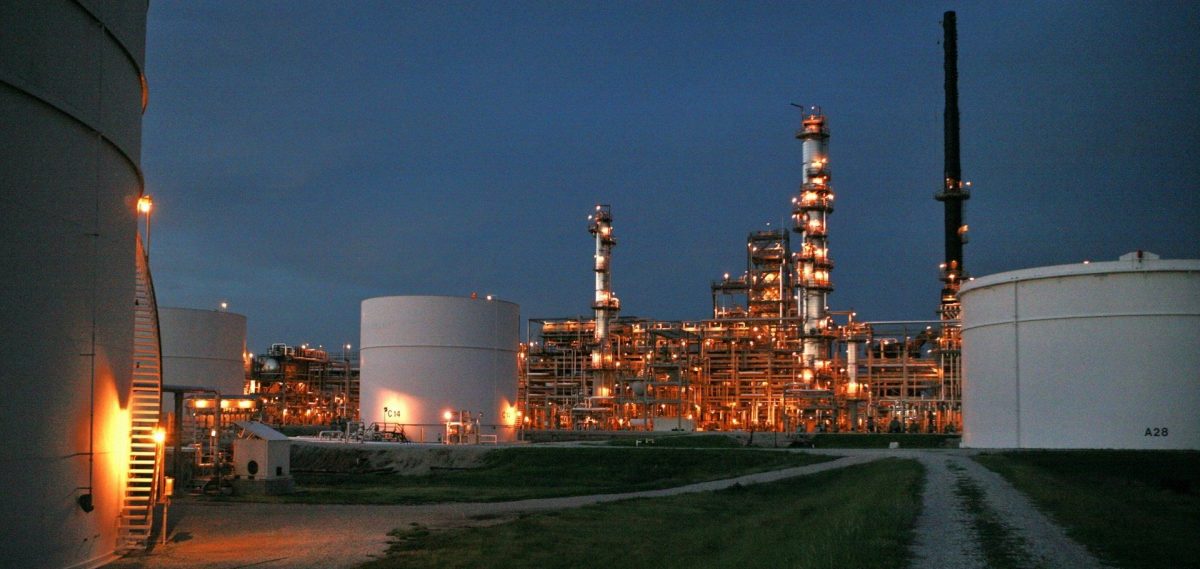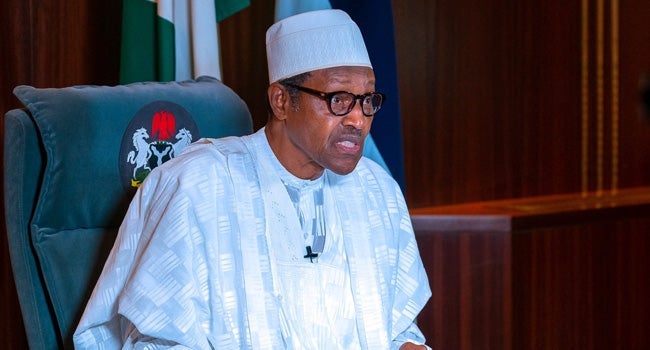Stakeholders in the Nigerian petroleum industry, yesterday, faulted the Federal Government’s supposed deregulation of the downstream petroleum industry and described the pronouncements by the Minister of State for Petroleum Resources to that effect as merely grandstanding and playing to the gallery.
This was even as oil marketers also called on the Federal Government to immediately publicise the terms of the full deregulation that is already in effect, so as to eliminate uncertainty and guide operators in the sector.
Specifically, in an interview in Abuja, Mr Joseph Nwakwue, Chairman, Society of Petroleum Engineers (SPE) Nigerian Council, argued that the government was yet to deregulate the downstream, especially as there was yet to be an amendment or change in the existing legislative framework.
He said, “Deregulation? That is a tall one. Do you fix prices in a deregulated market? To deregulate the downstream would require change in the existing legislative framework and market structure in my humble opinion.
“We may have set the pump price at cost recovery levels but have not taken the necessary steps towards deregulating the sector”More in Home
Also speaking, Professor Wumi Iledare, immediate Past President of the Nigerian Association of Energy Economics (NAEE) and former President of the International Association for Energy Economics (IAEE), affirmed that the downstream sector cannot be deregulated by a simple pronouncement.
No deregulation without review of existing laws ― Experts
Iledare, who currently heads the Ghana National Petroleum Corporation (GNPC) Professorial Chair in Oil and Gas Economics and Management at the Institute for Oil and Gas Studies, University of Cape Coast, Ghana, said: “Deregulation has to be backed by dissolution or discontinuation of an existing regulation or law.
“The Petroleum Act 1969, as amended, empowers the Minister to set the price and the Petroleum Products Pricing Regulatory Agency (PPPRA) Act became the enabler even from the name.
“To deregulate there must be a regulation gazetted not implied from executive order or in the front pages of the newspaper. You cannot have an unrestructured PPPRA and Petroleum Equalisation Fund (PEF) and claim to have a deregulated downstream. Who is fooling who?”
Why diesel, kerosene prices are high
However, in their own submission, oil marketers, under the aegis of Petroleum Products Retail Outlets Owners Association of Nigeria (PETROAN), called on the government to make open the terms of the deregulation, to enable marketers carry out their functions in line with the guidelines.
President of PETROAN, Dr. Billy Gillis-Harry, also faulted the indictment of oil marketers by the Federal Government, especially as it relates to the price of diesel, stating that no marketer would deliberately fix prices of diesel and kerosene without taking market forces into consideration.
Minister of State for Petroleum Resources, had last week, disclosed that the Federal Government would continue to intervene in fixing prices for petroleum products because of the tendency of oil marketers to exploit consumers.
Reacting to the government’s claims, Gillis-Harry said: “The simple answers I can give to you as to why diesel price is still high, is first, how much diesel are being bought by marketers? It is not really being patronized, because the profit margin is very minimal. And when you go and loan money to put into it, it burns off. You cannot feed your family, you cannot serve the public and you cannot have good returns on your business.
“As far as the pricing and sourcing of products are concerned, we need to discuss with the authorities. The authorities cannot, on their own, say they went to exchange our crude oil and brought in diesel, Premium Motor Spirit (PMS), Dual Purpose Kerosene (DPK) and Aviation Turbine Kerosene (ATK) at whatever prices; and at the end of the day, you now push down the prices. It would not work. This is because we are the grassroots, we interface with the buying public. The industries and individuals are our clients and we must serve them in a profitable way to stay in business.”
Publicise terms of deregulation immediately
He argued that the pronouncement of the Federal Government as concerns the deregulation of the downstream sector was in order, noting, however, that before taking such decision, the government should have consulted with critical stakeholders, especially PETROAN and other oil marketers.
He said, “There is no hard and fast rule as to how a particular policy can be reviewed. Most policy is mostly an executive exercise or order. If the Minister of Petroleum Resources, which is Mr. Muhammadu Buhari, is speaking through the Minister of State for Petroleum Resources to say that deregulation has started; we cannot fault it.
The only thing we can say is that, what are the rules? What are the extant backing? What are the situations that would make sure that this deregulation stands? What would be the role of the PPPRA then? What would PEF be doing? Those are the questions.
“The minister is not wrong if he said that deregulation has started. The only thing I would request him to do is to engage PETROAN and other stakeholders. This is because in the petroleum sector, PETROAN is a very critical stakeholder, because we are the last mile in the distribution chain, before the consumers get the products for their vehicles, or get gas in their cylinders to go and cook.
“PETROAN is the bulwark of the entire petroleum industry, from the upstream to the midstream, to the downstream. Everybody efforts culminate into our receptacle. It is so critical that whatever that is been done in the oil industry, be it policies, be it directives; it is always important to hear stakeholders’ opinions.
“And we, who are the ones who are at the ground level, need to contribute to how these decisions are arrived at, so that it could be easy to be obeyed. As an association, PETROAN has members who have over 300,000 filling stations across the country.”

